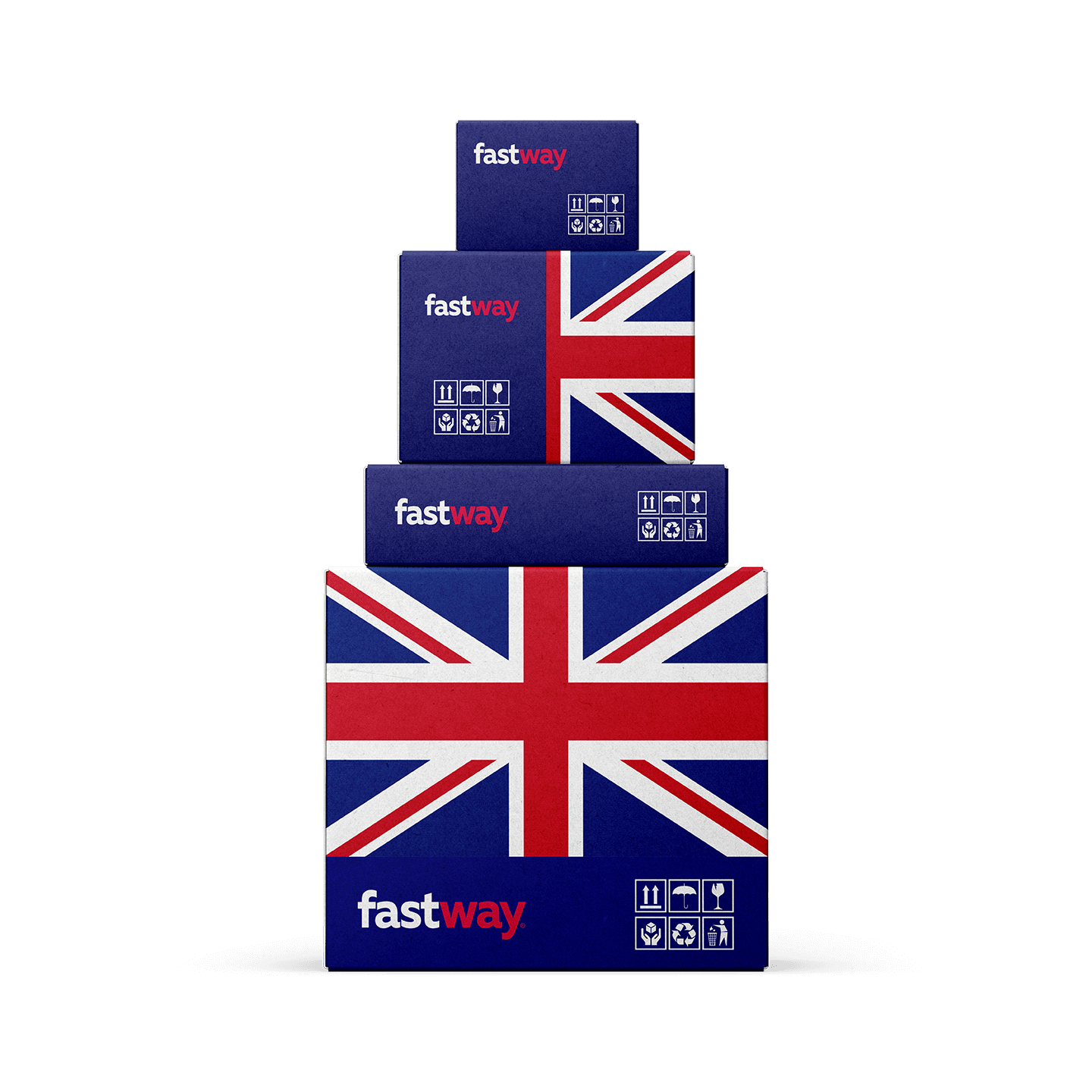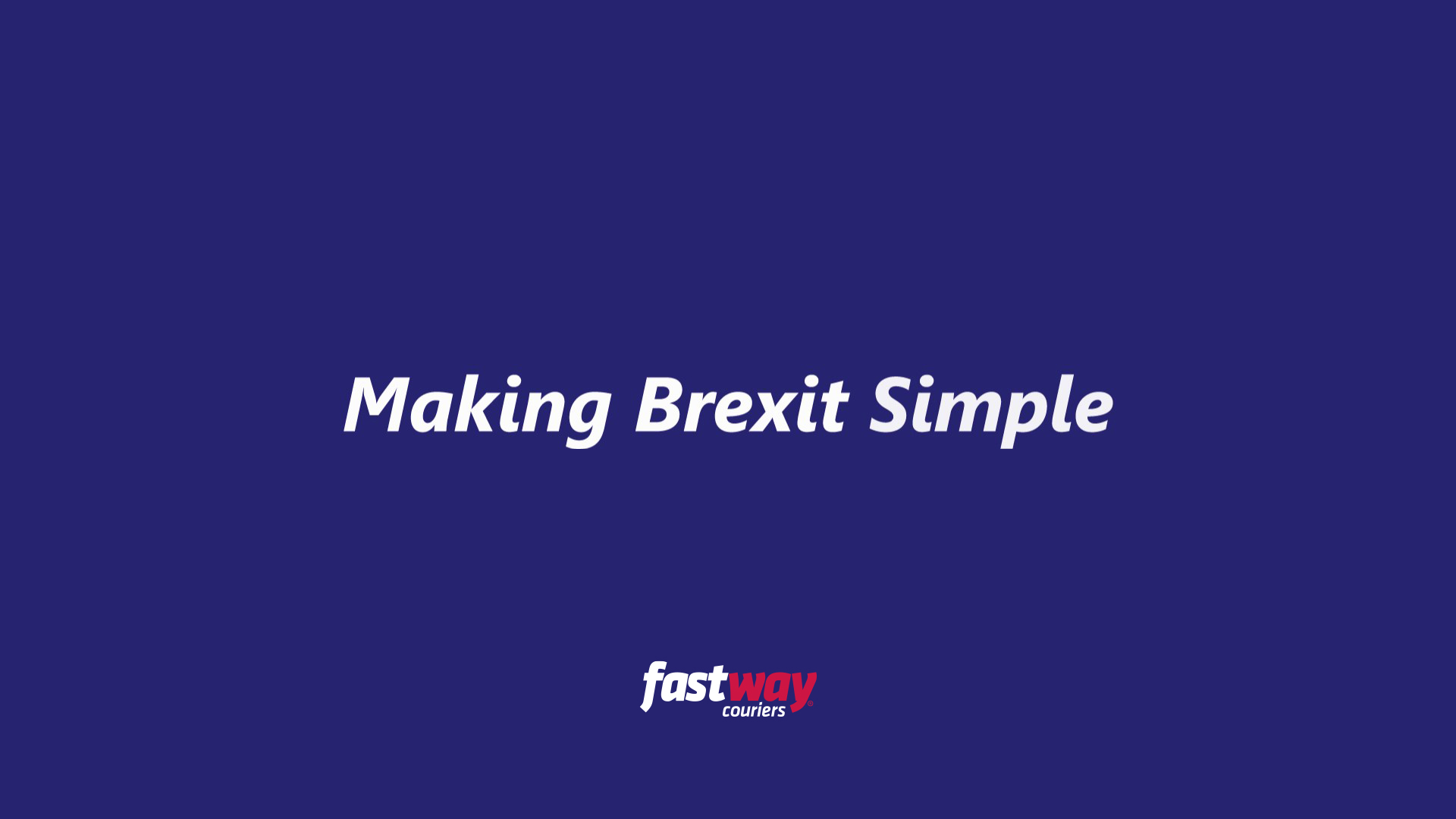Uncover Brexit
Uncover Opportunities
New developments bring new opportunities.
Explore our Brexit resource hub, find answers to some of the most common Brexit questions and let us help you trade with more markets.
What does Brexit mean for my business?
As the United Kingdom is no longer part of the European Union, how we trade to, from, or through Great Britain will change and see the introduction of customs formalities and regulatory requirements.
1. Trading between the Republic of Ireland and Great Britain
Post-Brexit, if your business moves goods to, from, or through Great Britain, the rules of trade with a non-EU country will apply. This means new customs formalities, requirements and or possible charges.
2. Trading between the Republic of Ireland and Northern Ireland
Post-Brexit, and as things stand, there will be no border checks, no customs declarations, and no tariffs. Therefore, it is business as usual when sending or receiving goods between the Republic of Ireland and Northern Ireland, and vice versa.
3. Trading between Northern Ireland and Great Britain
Since January 1st, 2021 and if moving goods from Northern Ireland to Great Britain, there will be no changes in how qualifying Northern Ireland goods move directly from Northern Ireland to Great Britain. There will be some changes for qualifying goods moved indirectly through Ireland. This qualifying goods regime forms part of a phased approach to the implementation of ‘unfettered access’.
Since January 1st, 2021 and if bringing goods into Northern Ireland from Great Britain and outside the European Union, the Northern Ireland Protocol outlined that goods from Great Britain which are not deemed to be ‘at risk’ of leaving the UK customs territory will not pay any tariffs. However, goods ‘at risk’ of entering the EU’s single market will pay EU tariffs. Since, 1 January 2021, you need to make declarations and may need to pay any tariffs due when bringing goods into Northern Ireland from Great Britain or from outside the EU.
What to have in place before exporting to the Great Britain.
Brexit has fundamentally changed how we move goods to, from, or through the United Kingdom, excluding Northern Ireland. Detailed below are the most critical steps to take if exporting to Great Britain.
1. Secure your EORI number
From 1st January 2021, if your business moves goods to, from, or through Great Britain, an EORI number is required. This number is used as an identification number in all customs procedures when exchanging information with Customs authorities.
If you have not applied for an IE EORI number, click here. This link will bring you directly to Revenue’s EORI registration page.
If exporting goods from Northern Ireland to the rest of the United Kingdom, you need a GB EORI number, followed by an XI EORI, which is specific to Northern Ireland exporters. Details on how to apply are available from https://www.gov.uk/eori
An EORI number is not required when moving goods between the Republic of Ireland and Northern Ireland, and vice versa, as both remain within the same customs union.
2. Understand Incoterms
Incoterms (International Commercial Terms), published by the International Chamber of Commerce (https://iccwbo.org/resources-for-business/incoterms-rules/incoterms-2020/), clearly defines who is responsible for paying for and managing the shipment, insurance, documentation, customs clearance, and other logistical activities.
While there are 11 Incoterms, Fastway is operating a Delivery Duty Paid (DDP) model only. Your customers pay any applicable VAT and/or duty at checkout in advance of delivery. This means your customers won’t be asked to pay extra Brexit charges before we deliver.
3. Get to know your Commodity Code(s)
A commodity code, also known as Harmonised Code or Tariff Code, is a sequence of unique numbers that classify goods for customs purposes. Each individual product will have a unique code and each unique code is used to determine any applicable Customs Duty to be paid on imported goods.
Fastway have enhanced our label shipping solutions to be compatible with the required customs declarations. When processing your shipment, you can choose the correct Commodity Code(s) that apply to the goods you are sending. Alternatively, visit Revenue Classification page for more details.
4. Gather all your Data
Post-Brexit, and for customs purposes, you will need to share more details if trading to, from, or through Great Britain.
Additional details include:
Country of Origin – this refers to where the goods have been produced or manufactured and is key for customs purposes.
Export Reason – indicate the reason for exporting the goods.
Goods Description – you must provide a clear description of all the goods, including what each item is used for and what it’s made from.
Goods Value – please indicate the value of the goods.
What types of charges can I expect post-Brexit?
New charges could include Export and or Import Declarations, Duties, and VAT (Value Added Tax) – on top of existing transport charges and of course the value of the goods. It is important that you and your customers/suppliers clearly understand who is responsible for what charges and more importantly who is responsible for paying these charges.
How are customs charges calculated?
Customs charges are calculated based on several factors including the commodity code, costs of the goods, country of origin/manufacture, insurance and transportation costs. Custom charges are generally calculated based on the information provided by the sender.
What type of Delivery model is Fastway operating?
Fastway is operating a Delivery Duty Paid (DDP) model only. This means we will collect all applicable VAT and or Duty charges, plus our Direct Representative fee, in advance of goods leaving our network for delivery, thus avoiding delivery delays. This also means your customers won’t be asked to pay extra Brexit charges before we deliver.
What do I need to do to send parcels to Great Britain?
As we continue to make Brexit simple, we enhanced our shipping solutions to be compatible with the required customs declarations. We also built a new digital payment portal to receive the appropriate taxes and duties due.
When shipping goods to Great Britain, purchase your U.K. labels as normal through your labeling platform or directly from the Fastway shared services center. When processing your shipments, ensure to choose the correct Commodity or HS codes that apply to the goods you are sending and populate all mandatory data fields required in your manifest.
Is there any change to the service offered by my Courier?
No, you can still expect the same great service from your local courier. They will collect your parcels as normal.
Will it take me longer to send my parcels than normal?
No – in choosing Fastway as your Direct Representative, all customs declarations and paperwork will be managed by Fastway, thus avoiding unnecessary delays.
Additionally, as Fastway is operating a Delivery Duty Paid (DDP) model only, we will collect all applicable VAT and or Duty charges, plus our Direct Representative fee, in advance of goods leaving our network for delivery, again, avoiding delivery delays.
Are there any banned, restricted, or prohibited goods I need to be aware of?
Yes - the relevant Revenue Authorities have provided a comprehensive overview of goods that are banned, restricted, or prohibited.
Please note Fastway are unable to ship any banned, prohibited, and non-approved restricted items on behalf of our customers. The details provided here are for reference purposes, and it is the customer’s responsibility to ensure they are fully aware of all banned, prohibited, and restricted goods.
Irish Revenue
Irish Revenue provide a wealth of information around this area, including details of licences, permits and authorisations that are needed to import or export certain goods. For further information, click the Irish Revenue link here: https://www.revenue.ie/en/customs-traders-and-agents/prohibitions-and-restrictions/index.aspx
HM Revenue & Customs
HM Revenue & Customs, via the GOV.UK site, provide comprehensive details on goods you cannot bring into the UK. For further details, click the GOV.UK link here: https://www.gov.uk/duty-free-goods/banned-and-restricted-goods


